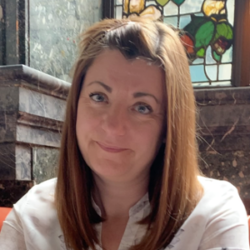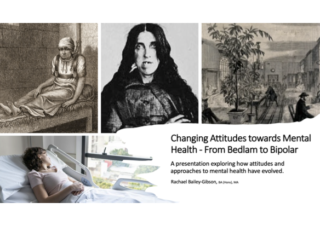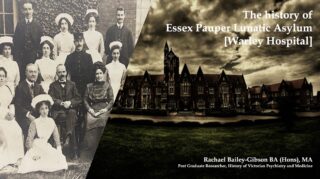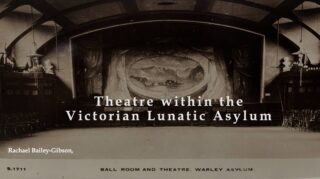About The Speaker...
I was born in Brentwood and have a lifelong interest in history, which began at an early age when my father took me to parish churches all over Essex as brass rubbing was his hobby. The walls of my childhood home were covered with effigies of knights, lords, and ladies – many of them I was afraid to look at!
After gaining a distinction at Master’s in History in 2022, I was awarded the prestigious Future 100 Centenary Scholarship by the University of Leicester, working within their globally renowned Victorian Studies Centre. I am now nearing the completion of my PhD on nineteenth-century psychiatrists. My research continues to focus on the history of psychiatry and pauper lunatic asylums.
About Their Talks...
My talks last one hour but can be easily tailored to fit your schedule. I always have a PowerPoint presentation with lots of images. My talks include entertaining quiz-type tasks that participants can complete. Real case studies and links to more information about the different topics. There will also be time for a question-and-answer session at the end. Please note that some of the subject matter and images may be distressing to some people. Therefore, the content can be varied depending on the audience.
I supply handouts and can bring an overhead projector and laptop if required.
Fee:
£50 anywhere in Essex. I am prepared to travel anywhere in the country and will give a sensible quote.





